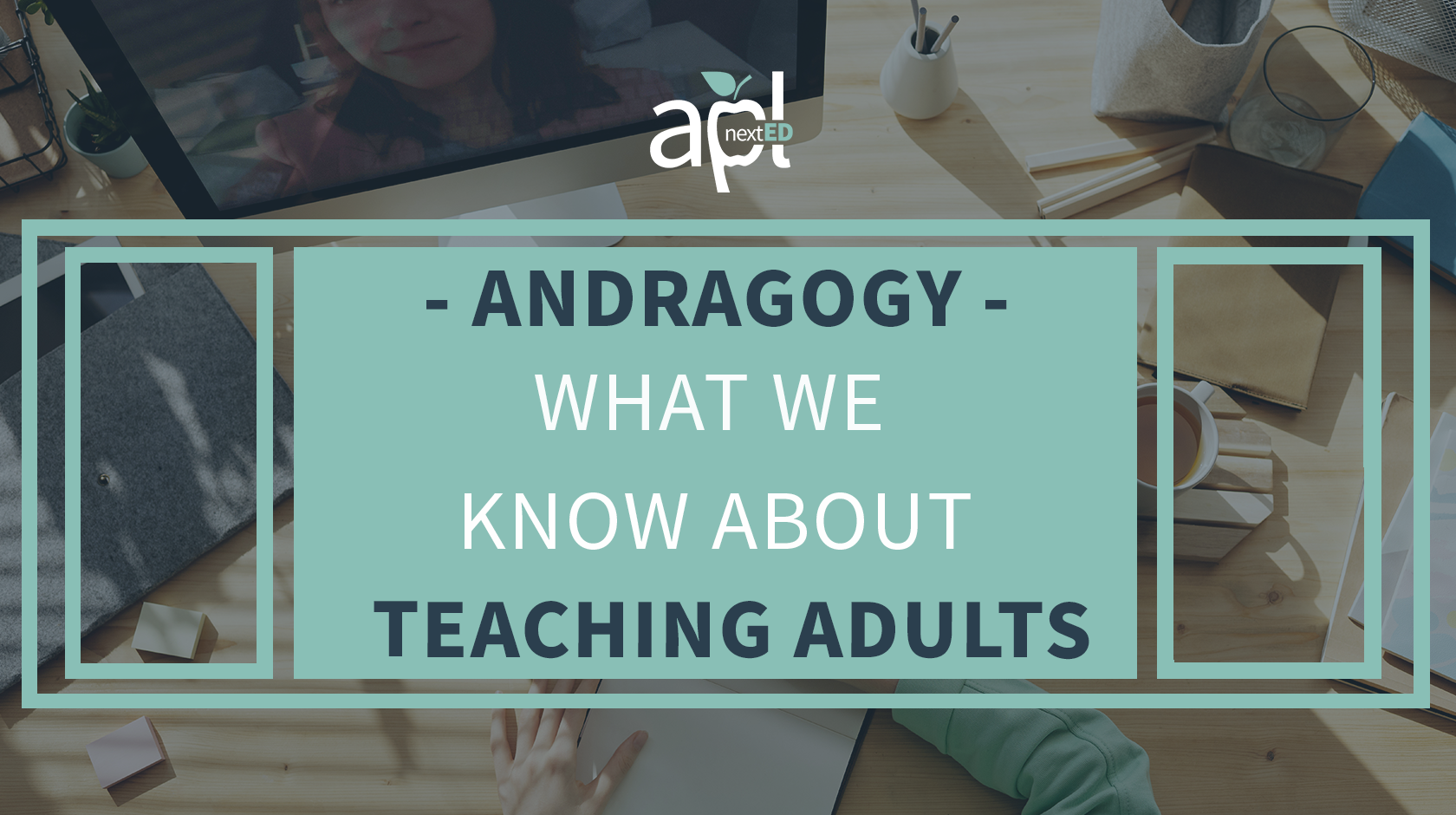
Andragogy refers to the practice of teaching adults and is related to pedagogy which refers to educating children. Most training for the classroom is focused on pedagogy and not andragogy, therefore, it is important to keep in mind the specific needs of your adult students. Teaching adults requires adjusting your approach to a classroom. The following are ways that adult learners differ from younger students and how their educational needs might be best served.
Self-Directed Learners
Young students are largely dependent on instructors and authority figures such as administrators in their education. Adult learners have usually re-entered the classroom after a period of time. Having personally chosen to return to school, these students are likely to be self-directed in their learning.
Application of Information
In the case of adult students, there is a shift in the application of information use. Younger students store the information they learn in school for later use whereas older students use the information they learn for more immediate application. Adults are often returning to school with a more specific and defined career goal.
Motivation to learn
When students take traditional approaches to education, instructors are usually focused on motivating their students. An adult’s decision to return to the classroom makes it more likely they will be self-motivated in learning.
Varying Experience
Instructors should keep in mind that adult learners bring different experiences to the classroom. Older students come from various backgrounds, both personally and professionally. This can become a resource for classroom discussions, and should be respected and valued.
Because of these qualities, instructors need to take a different approach to teaching adults. The most important being that adults should have a direct hand in the formation of their classroom experience. Strategies for creating a student-directed classroom include:
- Create critical writing prompts that encourage students to self-reflect on course content and information.
- Create assignments that involve minimum instruction and allow students autonomy.
- Explain how course content may be used in a setting outside of the classroom and can be used to solve problems adult learners will encounter.
- Provide feedback to self-directed assignments that expands critical thinking skills.
- Instruction should recognize and respect the wide range of student experiences.
- Give students agency in their instruction and evaluation.
- Present assignments and writing prompts that are centered around problem solving instead of memorizing content so that it may be used more immediately in a professional setting.
Faculty should be well prepared to teach any demographic of students, including adult learners. The comprehensive APL nextED platform includes a Professional Development Module to provide institutions a way to assign, track, and report on faculty’s professional development. This module gives feedback and reports on courses that faculty have completed, and suggests related courses. With APL’s professional development courses, instructors will learn new methods, and be better prepared to serve their students’ needs.
Resources
9 Tips to Apply Adult Learning Theory to eLearning – eLearning Industry
The Adult Learning Theory-Andragogy-of Malcolm Knowles – eLearning Industry
Adulty Learning Theories – Teaching Excellence in Adult Literacy (TEAL)

